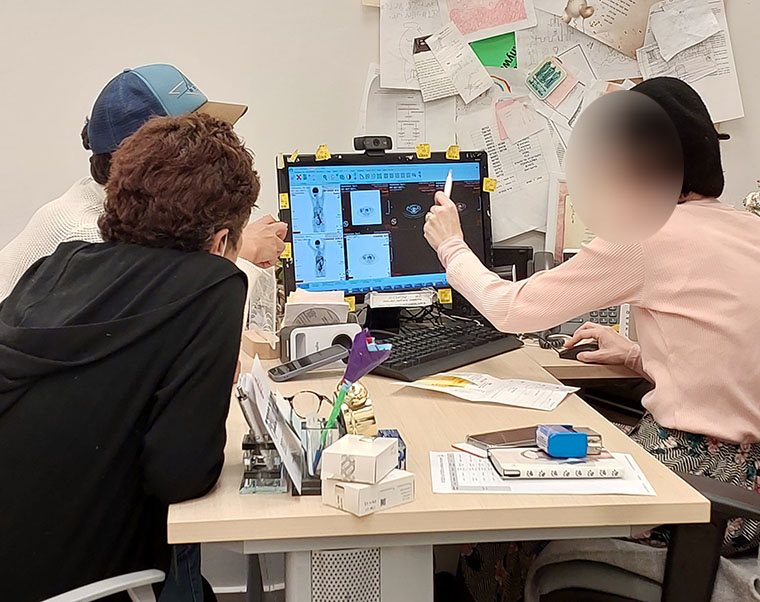Israel has long been at the forefront of medical innovation, and the field of oncology is no exception. In recent years, the country has emerged as a leader in the application of CAR-T cell therapy, particularly for treating various forms of lymphoma. This cutting-edge treatment, which harnesses the body's immune system to fight cancer, has shown promising results, especially at Israel's renowned Sheba Medical Center.
At Sheba Medical Center, the introduction of CAR-T cell therapy has revolutionized the treatment landscape for both Hodgkin's Lymphoma (HL) and Non-Hodgkin's Lymphoma (NHL). This innovative approach, which reprograms the patient's own immune cells to target and destroy cancer cells, is particularly beneficial for those with refractory or relapsed forms of lymphoma. For patients with Non-Hodgkin's Lymphoma, Sheba's use of CAR-T therapy has shown impressive outcomes, particularly in cases of diffuse large B-cell lymphoma, where traditional treatments have failed. The center reports a significant proportion of patients achieving complete remission, showcasing the potential of this personalized treatment. While CAR-T therapy is more established in the context of NHL, its application in Hodgkin's Lymphoma at Sheba is also gaining ground, offering new avenues for treatment where conventional methods fall short.
Patients undergoing CAR-T therapy at Sheba generally find themselves in advanced stages of lymphoma, with approximately 50% exhibiting disease that is refractory or resistant to other treatments. The majority of these patients are in stage four of the disease, having already endured more than three lines of therapy without success. Despite the challenges, CAR-T therapy offers a glimmer of hope, with about 70% of patients responding to the treatment. Remarkably, half of these patients achieve complete remission, while the others show partial responses.
However, CAR-T cell therapy is not without its risks. Patients often experience significant toxicity, including the unique complications of cytokine release syndrome and neurologic symptoms, in addition to the more common side effects associated with transplantation chemotherapy. Fortunately, only 12-15% of patients suffer from higher grades of toxicity, which can be managed with interventions such as tocilizumab or steroids.
The point-of-care approach to CAR-T cell therapy at Sheba has proven particularly beneficial for patients with diffuse large B-cell lymphoma, eliciting a response in approximately 70% of cases. These findings are consistent with global research, underscoring the therapy's effectiveness over four to five years. For follicular lymphoma, Sheba's results have been nothing short of extraordinary. In a study involving 26 advanced-stage patients, an unprecedented 88% complete response rate was observed. These results are particularly striking given the advanced nature of the patients' conditions, comparable to those seen in studies of commercial products. While there may be a slightly higher incidence of hematological toxicity, the overall safety profile remains acceptable.
In conclusion, Sheba's adoption and advancement of CAR-T cell therapy represent significant progress in the fight against lymphoma. The Sheba Medical Center's pioneering work not only offers hope to those in the most dire circumstances but also contributes to the global understanding and development of this revolutionary treatment. As research continues and techniques evolve, the future for lymphoma patients in Israel and around the world looks increasingly bright.

Links
Initiating your CAR-T medical inquiry >>
CAR-T cell therapy in Sheba hospital in Israel










